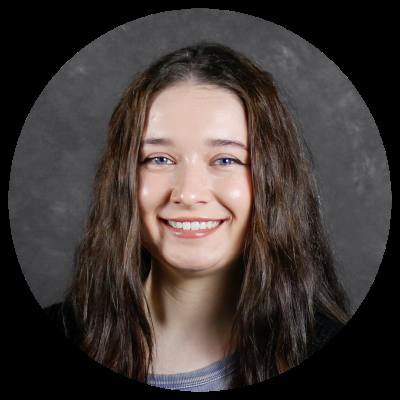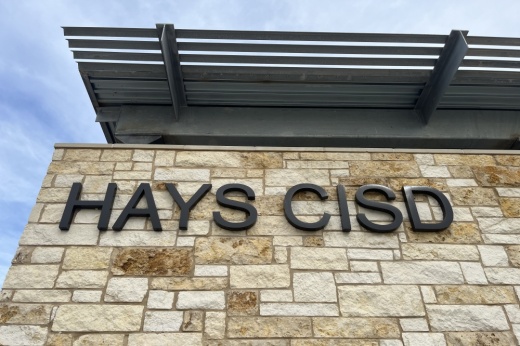The board of trustees received updates and information on the program from Special Education Executive Officer Michelle Velasquez and Special Education Director Melissa Corona during the regular board meeting Sept. 24.
Some context
Velasquez and Corona said Foundational Learning students have significant cognitive needs and require specialized curriculum and instructional support. They may also require personal care services for hygiene, eating and transporting.
Foundational Learning Structured classrooms provide more rigid structure for students who need it. However, FLS shifted solely to FL during the 2024-25 school year. Velasquez said this was attributed to a “title change” and does not equate to a change in services.
What they’re saying
Special education parent Lorraine Patterson said the shift from FLS to FL has created challenges for her middle school daughter who “has never been in a traditional Foundational Learning classroom.”
Patterson said parents were notified of this change on the first day of school. Her daughter’s teacher was also notified less than 24 hours prior to the first day of school about the transition into her classroom.
“She did not receive additional training or inservice to help prepare her or her classroom for receiving a child like [my daughter],” Patterson said. “This abrupt change in transition away from a structured class has unfortunately resulted in our [daughter] causing numerous injuries to multiple staff, students and herself.”
Velasquez said that in retrospect, the team could have clarified the language used when discussing changes with the program that were happening.
“We also could’ve communicated with them sooner," Velasquez said. "There were some contingencies to that. Some of that information didn’t come through as quickly as it should have.”
Other special education teachers, paraprofessionals and parents that have spoken out said teachers are struggling to be in compliance with IEP plans—including meeting the required student inclusion minutes—due to:
- Staff shortages and an imbalance in teacher-to-student ratios
- Small classroom spaces
- Lack of substitute teachers available
- Teacher burnout
What’s being done
In light of the recent changes and ongoing challenges, Velasquez and Corona said FL teachers have asked for:
- An increase in the special education stipend
- Compensation when planning periods are not possible
- Additional classrooms and appropriate classroom space
- Campuses to provide substitutes on a regular basis so teachers can work on paperwork
"By the time we were able to hire, the majority of those candidates took jobs in other districts," Corona said.
Student growth is also unpredictable, Corona said, and the district only staffs based on the known number of students coming in.
Still, Corona said the team is working to fill in the gaps by securing substitutes through contract companies or retired HCISD staff, as well as having low incidence specialists and special education coordinators step in for case management and lesson planning as necessary.
Velasquez said the team is also continuing to track served and missed inclusion minutes, search for qualified candidates and determine the need for compensatory services.
“When we have staff that are coming and telling us that we’re not meeting [student inclusion] minutes, that’s a legal lawsuit,” trustee Courtney Runkle said. “To hear from staff that are the ones providing the minutes that [they] cannot meet them, that’s just unacceptable. We have to find solutions and we have to find solutions now.”
Going forward
Board president Raul Vela asked that the board be provided further special education updates during the Oct. 28 board meeting.
“I think we owe it to ourselves [and] we owe it to our community,” Vela said. “We want to make sure that we’re transparent and that we’re communicating the progress that we’re making, because we are going to make that progress.”





